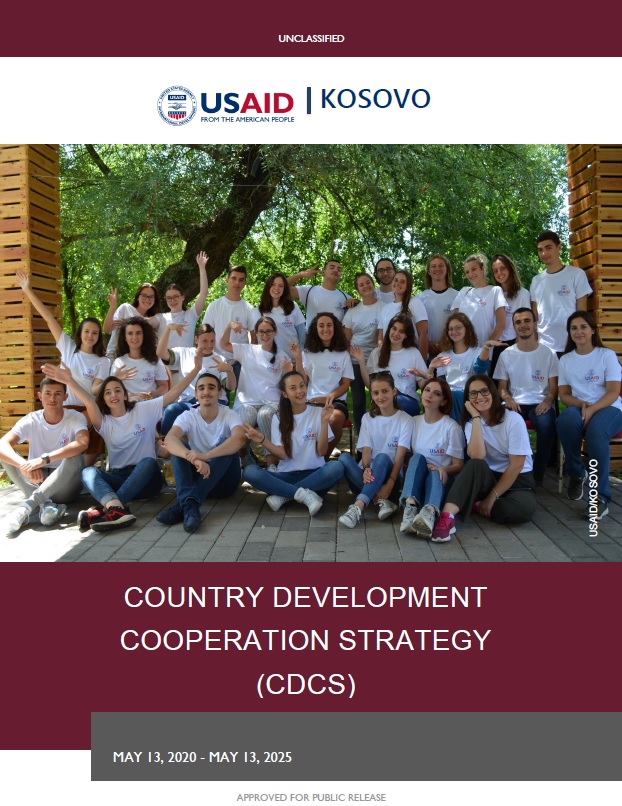Speeches Shim
USAID/Kosovo’s goal for the 2020-2025 Country Development Cooperation Strategy (CDCS) is Kosovo realizes its democratic and demographic dividend through Kosovo-led solutions. To achieve this goal, USAID will strive to increase government accountability and seek to leverage new democratic and economic opportunities. Success in these two areas will pave the way for Kosovo to advance on its journey to self-reliance.
Foundational to the realization of this strategy are two development objectives (DOs): 1) citizens are better served by accountable and effective governance institutions and 2) increased opportunities for inclusive democratic and economic participation. These DOs, interwoven throughout our strategy, will enable Kosovo to better address its own development challenges in the long run.
DEVELOPMENT OBJECTIVE 1: Citizens are better served by accountable and effective governance institutions
USAID/Kosovo plans to support full implementation of Kosovo’s laws and regulations using a two-pronged approach: 1) through civil society, the private sector, and community-based organizations to better represent the needs of all citizens and hold the government accountable, and 2) by using the Mission’s influence and capacity-building support to help the GOK better implement laws and policies within the judicial, executive, and legislative spheres, including sound fiscal policy and management of public funds, citizen-focused inclusive access to justice, equitable provision of public services, and equal representation of all citizens.
DEVELOPMENT OBJECTIVE 2: Opportunities for inclusive democratic and economic participation increased
To support greater democratic and economic opportunities for Kosovo’s citizens, especially women and youth, USAID/Kosovo’s approach is separated into two pillars: 1) support citizen-led initiatives and collaboration among civil society, government and the private sector to better engage and create opportunities for all citizens, especially young people, and 2) create an economy that provides opportunities through increased private sector competitiveness, improved energy security, and a capable workforce. This bifurcated approach stands on three intermediate results: a) citizen contribution to democracy and the economy increased, b) private sector competitiveness in target sectors increased, and c) energy security improved.



Comment
Make a general inquiry or suggest an improvement.